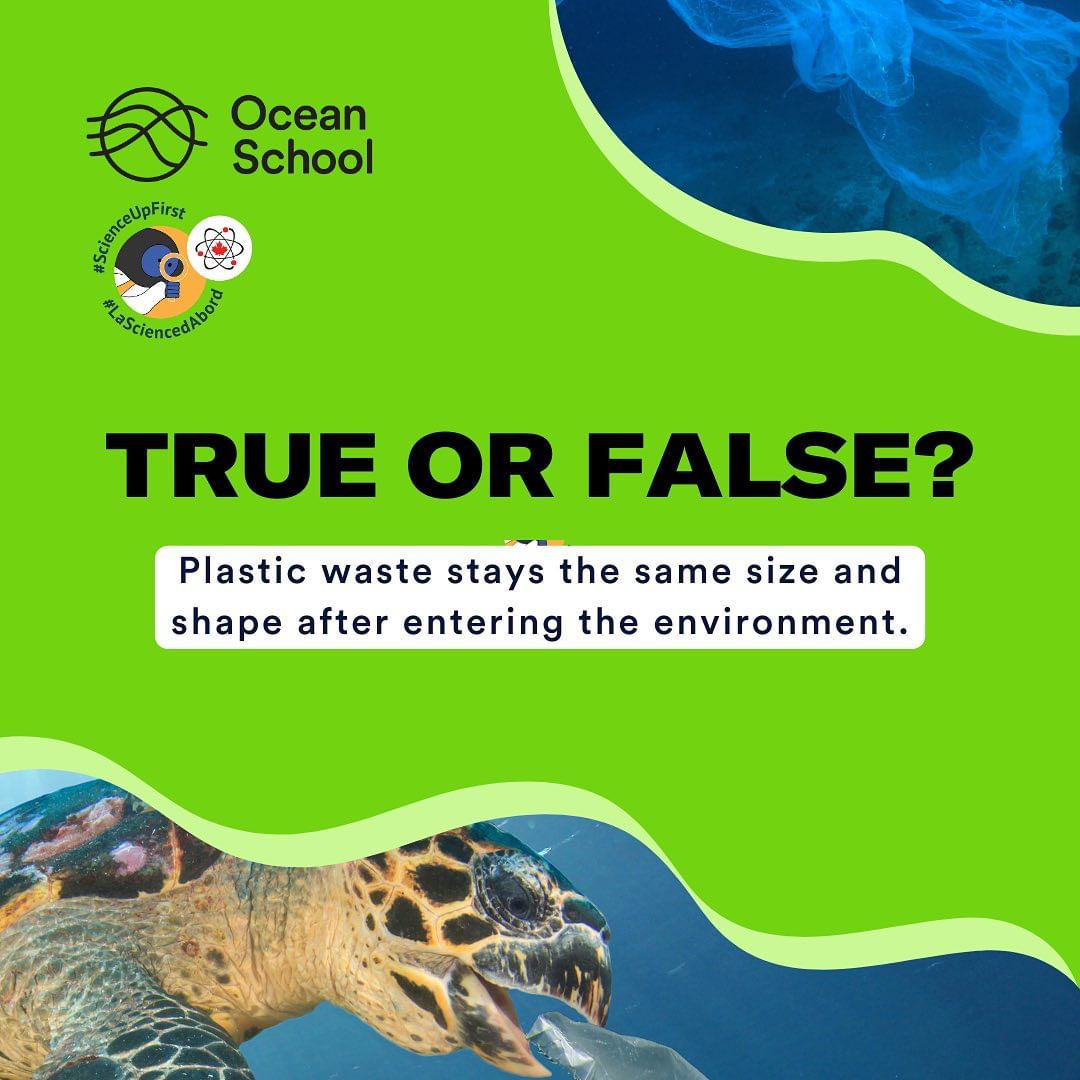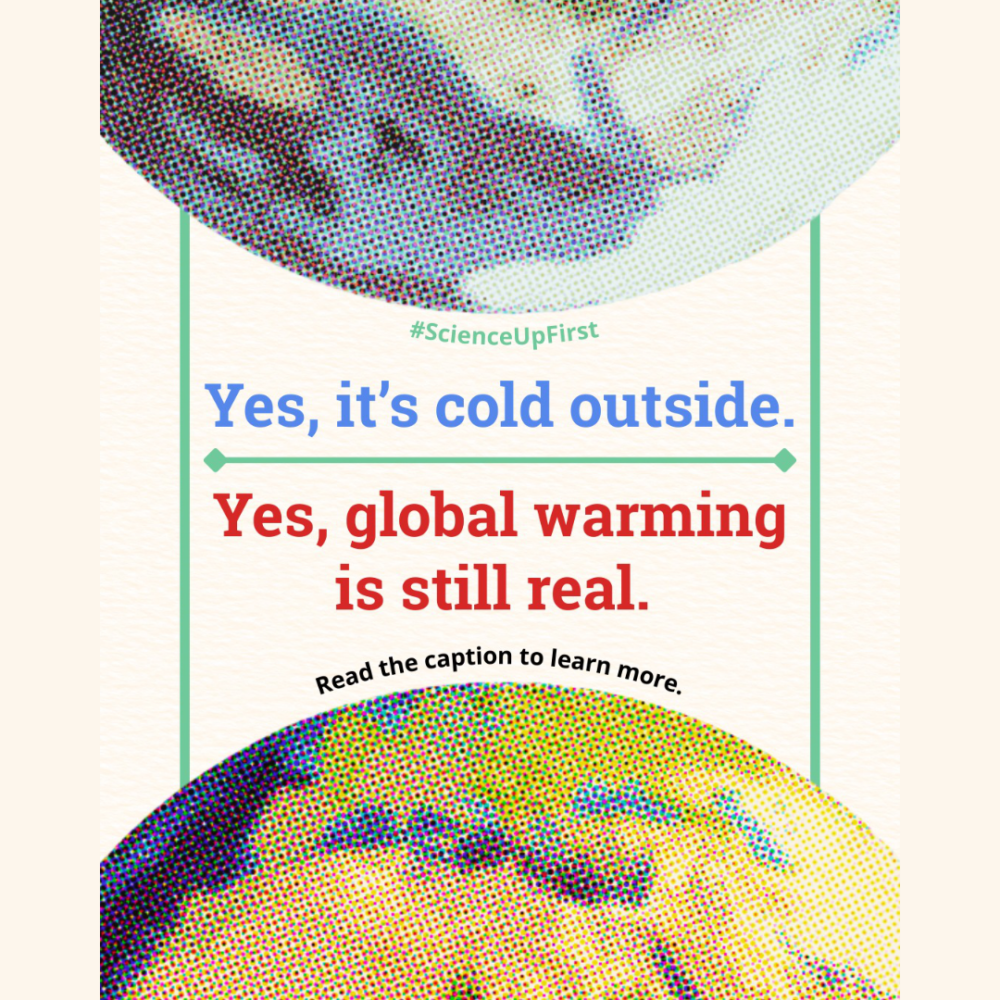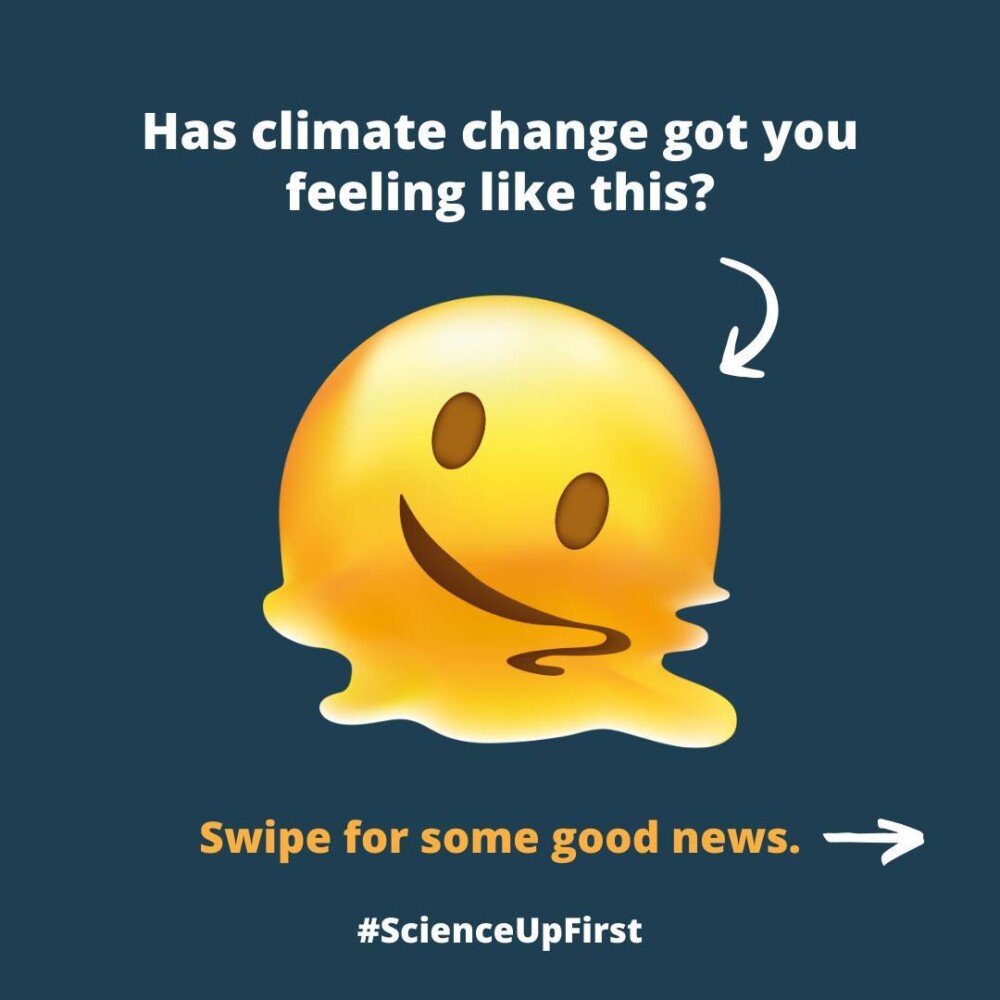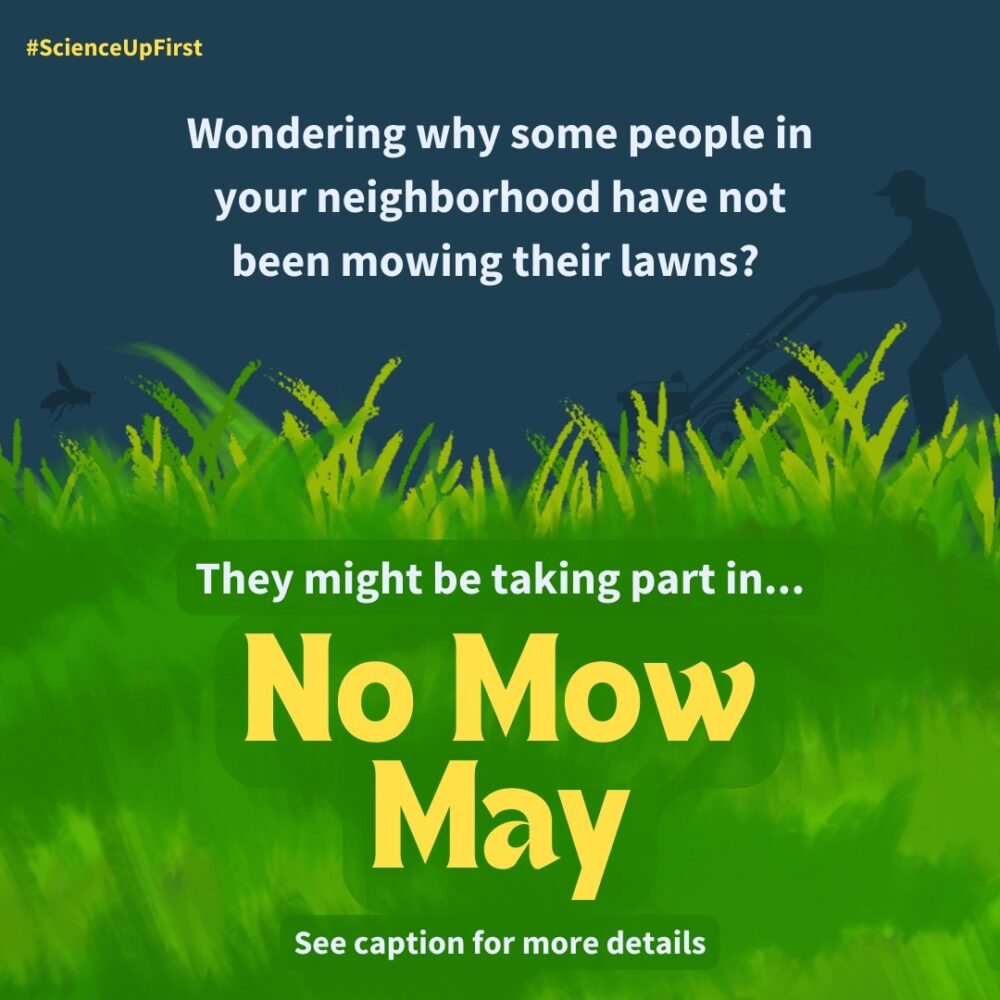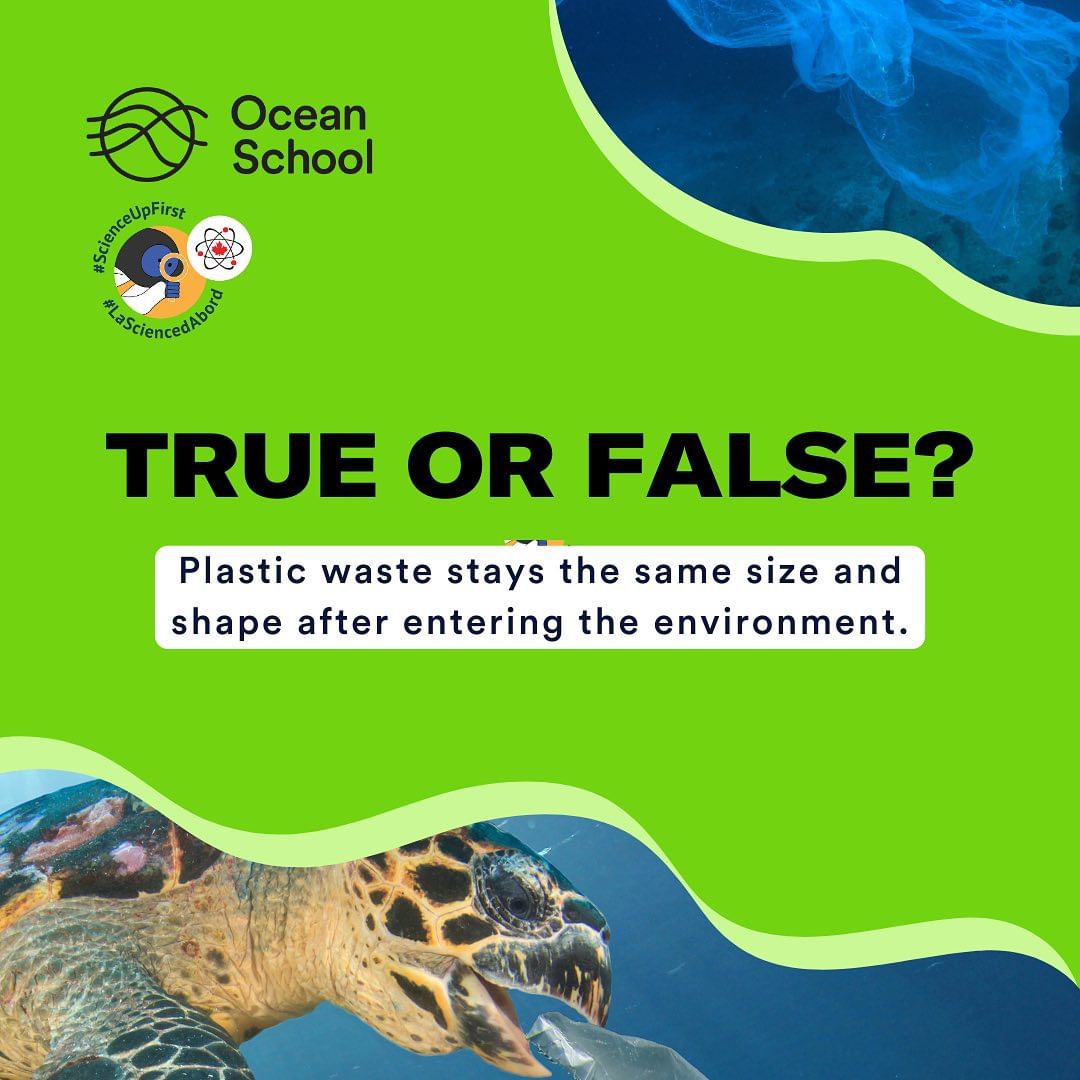
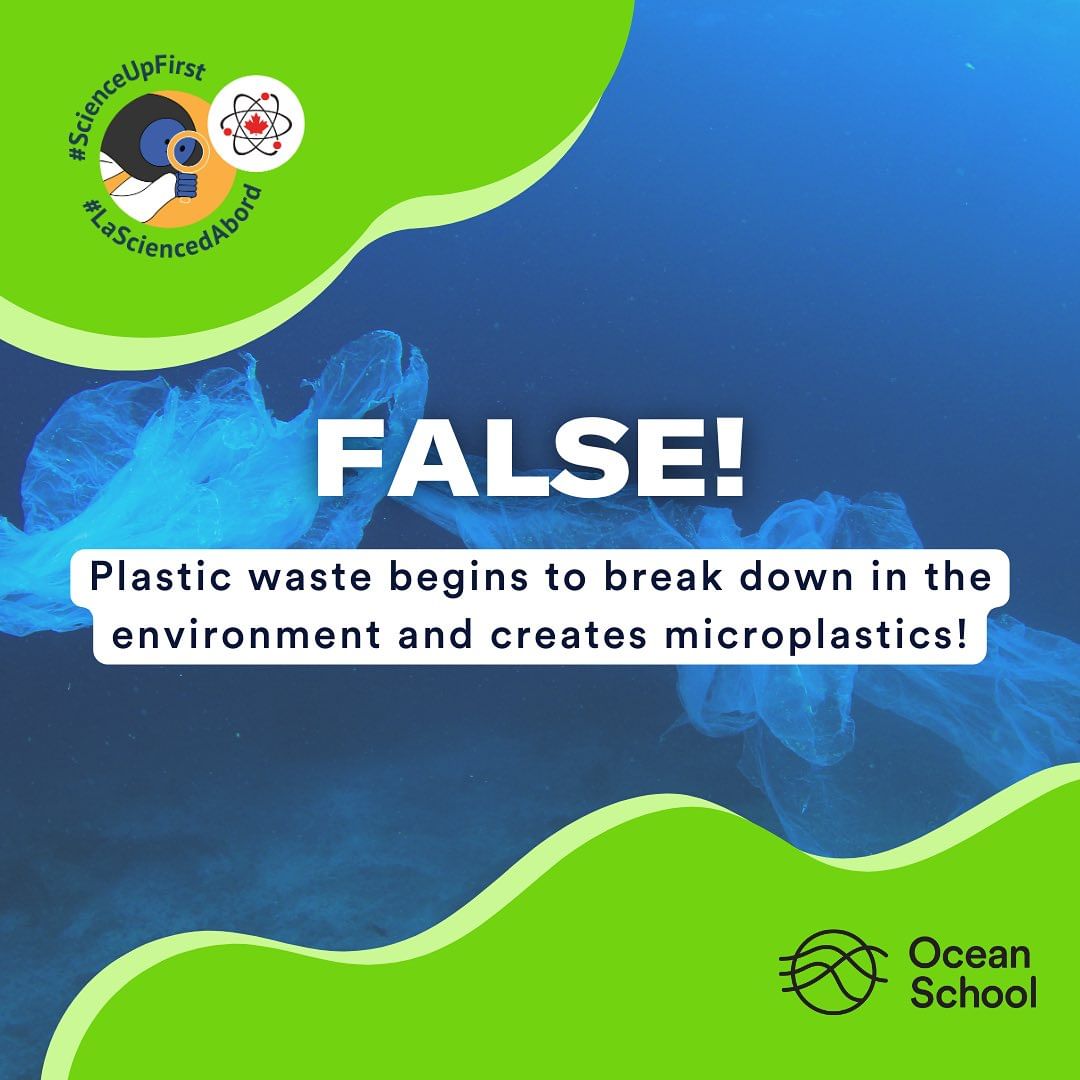
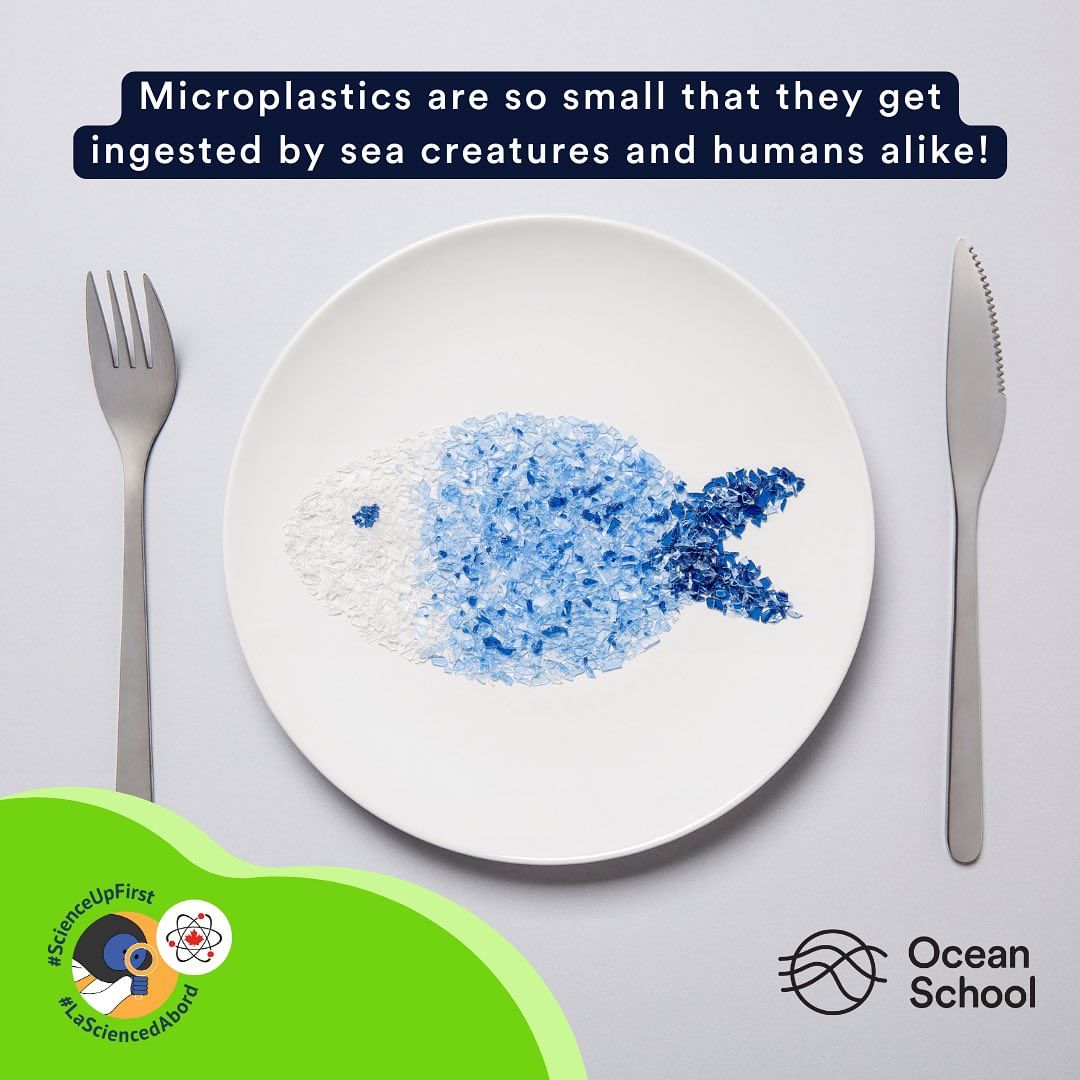
We have been told that plastic does not decompose so it should stay the same shape and size forever right?
While it is true that plastic never fully disappears, even after hundreds of years, it doesn’t mean it stays the same. In fact, plastic in the environment will weather and break apart as it is exposed to various conditions such as UV radiations and waves (1,2). As time passes, plastic will continuously break apart until it becomes microplastics.
Microplastics are any plastic particles that measure less than 5 mm (3). Microplastics can arise from the weathering of big plastic containers, but also from wet wipes, glitters, tea bags, tires, tearing/scissoring/cutting open plastic containers, cigarette butts, laundry/dishwasher pods and even from washing your clothes (i.e. microfibers) (4,5)!
The problem with microplastics is that they cannot be easily removed from the environment and they can be mistaken for food by wildlife (2,3,6). Microplastics have been found everywhere including on our beaches, in sea ice in the Arctic, on the ocean floor, and even on Mount Everest’s peak (1,7). They have also been found in organisms at the bottom of the food chain, but also in bigger animals such as whales and fish (2,7). Humans can inadvertently consume particles of microplastics from drinking tapped or bottled water, beer, or from breathing the air and eating fish (7). Not only are microplastics potentially harmful to our health, but they also reduce the quality of the seafood we consume (2,7).
The best way to reduce microplastics is to reduce plastic pollution. Ocean School (@oceanschoolnow) has created a Take Action Toolkit that provides step-by-step guides for taking action and templates to help you get started.
View our original Tweet!
Plastic never fully disappears, even after hundreds of years.
Once in the environment, it will weather as it is exposed to various conditions and break apart into microplastics.
Learn more about microplastics here https://t.co/EcaQtLI4NV#ScienceUpFirst pic.twitter.com/1LTQ43unCM
— ScienceUpFirst | LaScienced’Abord (@ScienceUpFirst) July 20, 2023
View our original Instagram Post!
View this post on Instagram

